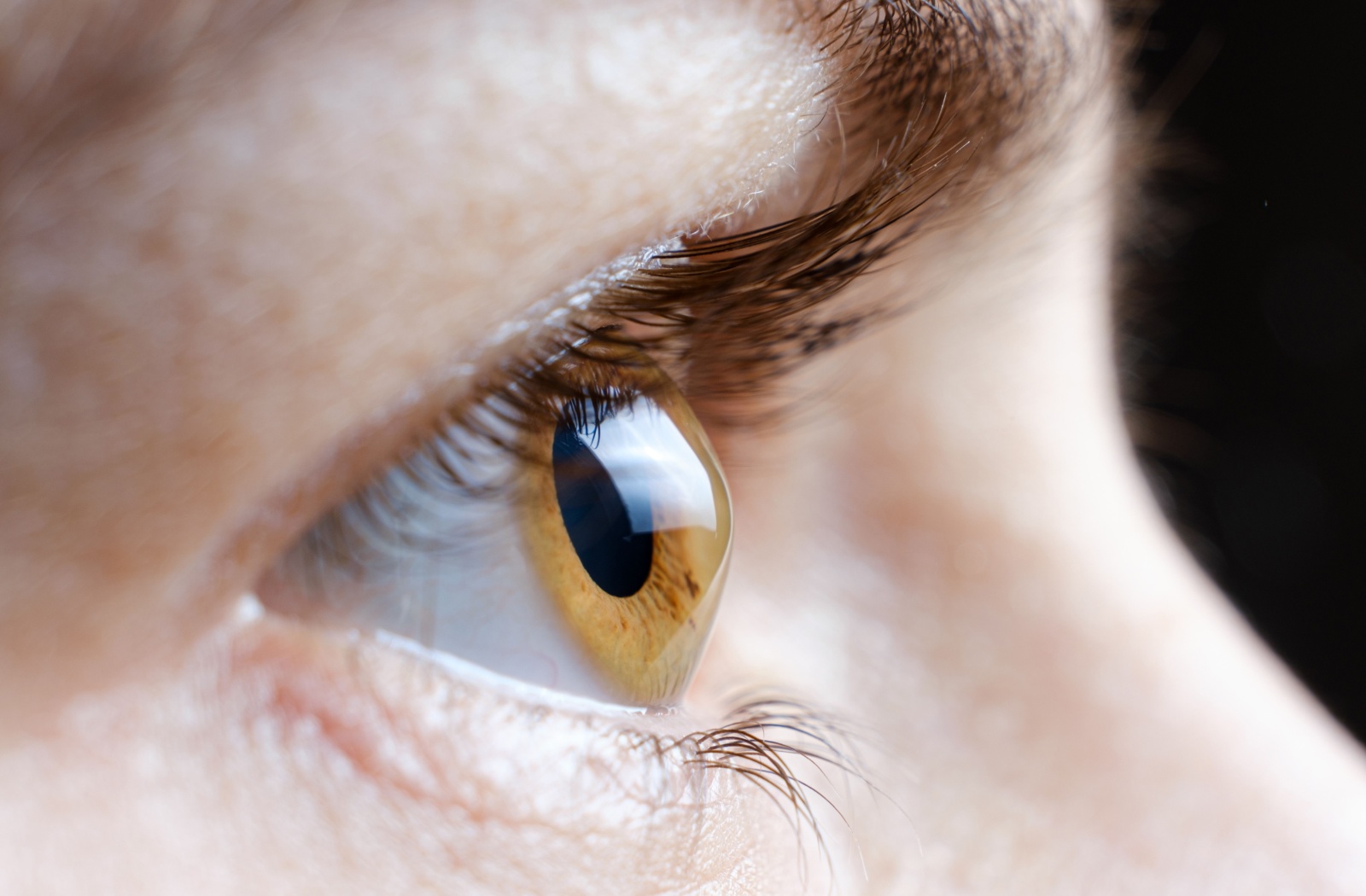Featured
We typically hear about shielding our skin from unsafe ultraviolet (UV) rays, but did you recognize that UV direct exposure can additionally substantially affect your eye wellness? Comprehending the effects of UV rays on your eyes and just how to secure them is necessary for keeping long-lasting eye health.
Kinds of UV Rays. UV rays are categorized right into three kinds:
UVA Rays: These rays penetrate deep into the skin and can additionally influence the inner layers of the eyes. UVB Rays: These rays largely create damage to the skin's surface however can additionally harm the cornea and lens of the eye. UVC Rays: While these are the most hazardous, they are mainly taken in by the Planet's atmosphere and do not reach the surface. Both UVA and UVB rays are dangerous to your eyes, and in time, direct exposure can result in serious eye problems.
Short-Term Effects of UV Direct Exposure. Also brief direct exposure to extreme UV rays can result in immediate eye damage. An usual short-term problem is photokeratitis, commonly referred to as "sunburn of the eye." Signs of photokeratitis consist of:
Soreness and inflammation. Level of sensitivity to light. Tearing or watery eyes. A sandy feeling, as if something is embeded your eye. While the symptoms of photokeratitis are momentary and normally fix within a day or 2, repeated cases can have cumulative results on your vision.
Long-Term Effects of UV Direct Exposure. Chronic UV direct exposure can add to a number of major eye conditions, consisting of:
Cataracts: Gradually, UV rays can create clouding of the eye's lens, leading to cataracts, one of the leading causes of loss of sight worldwide.
Macular Degeneration: Extended UV exposure can damage the retina, especially the macula, leading to age-related macular deterioration (AMD), which influences main vision.
Pterygium: Also referred to as "internet user's eye," this problem entails the development of a fleshy cells on the white component of the eye, which can cross the cornea and effect vision.
Skin Cancer Cells Around the Eyes: The fragile skin around the eyes is susceptible to UV radiation, boosting the threat of skin cancer, such as basal cell cancer.
Pinguecula: UV exposure can additionally cause yellowish deposits on the conjunctiva, which can cause irritation and discomfort.
Exactly How to Secure Your Eyes from UV Rays. Put On Sunglasses with UV Security: Constantly choose sunglasses labeled as blocking 100% of UVA and UVB rays. Wrap-around designs supply added defense by obstructing UV rays from the sides.

Utilize a Wide-Brimmed Hat: Hats with a large border can lower UV direct exposure by up to 50%, using added protection for your eyes and face.
Stay Clear Of Optimal Sun Hours: UV rays are strongest between 10 a.m. and 4 p.m. Restricting your exterior activities during these hours can assist decrease direct exposure.
Do Not Neglect About Kids: Kid's eyes are much more delicate to UV rays, so ensure they wear sunglasses and hats when outdoors.
Wear UV-Blocking Call Lenses: If you use calls, ask your eye treatment carrier about UV-blocking lenses for added defense.
Remain Protected Year-Round: UV damages isn't limited to summer season; rays can reflect off surface areas like water, sand, and snow, making eye security needed all year.
Final thought. Protecting your eyes from UV rays is critical to preserving your vision and total eye wellness. By taking easy precautions like putting on UV-protective sunglasses, restricting exposure during optimal hours, and frequently checking out an eye treatment expert, you can guard your eyes from the unsafe effects of UV radiation.
Latest Posts
Keep Your Carpet Looking Its Best with Easy, Expert Care
Stylish, Resilient Floor Tile Flooring for Every Room
Find Out the Montclare Expertise - Professional Auto Repair